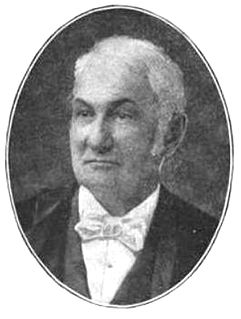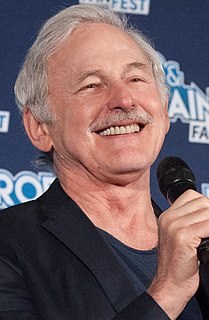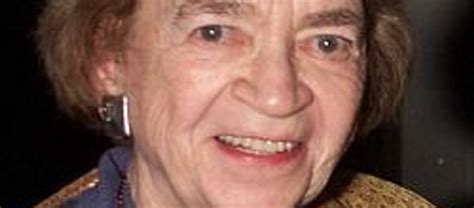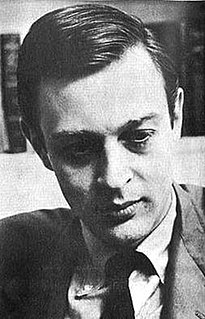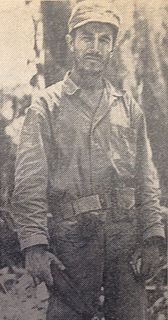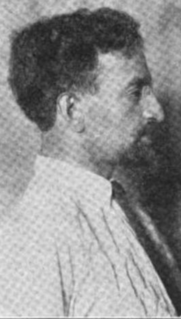A Quote by Lewis Terman
There is nothing about an individual as important as his IQ, except possibly his morals.
Related Quotes
It is possible that an individual may be successful, largely because he conserves all his powers for individual achievement and does not put any of his energy into the training which will give him the ability to act with others. The individual acts promptly, and we are dazzled by his success while only dimly conscious of the inadequacy of his code.
No one accuses the Gunner of maudlin affection for anything except his beasts and his weapons. He hasn't the time. He serves at least three jealous gods—his horse and all its saddlery and harness; his gun, whose least detail of efficiency is more important than men's lives; and, when these have been attended to, the never-ending mystery of his art commands him.
What censorship accomplishes, creating an unreal and hypocritical mythology, fomenting an attraction for forbidden fruit, inhibiting the creative minds among us and fostering an illicit trade. Above all, it curtails the right of the individual, be he creator or consumer, to satisfy his intellect and his interest without harm. In our law-rooted society, we are not the keeper of our brother's morals - only of his rights.
While all men within our territories are protected in worshipping the Deity according to the dictates of their consciences; it is rationally to be expected from them in return, that they will [demonstrate] the innocence of their lives and the beneficence of their actions; for no man, who is profligate in his morals, or a bad member of the civil community, can possibly be a true Christian, or a credit to his own religious society.
Modern man has transformed himself into a commodity; he experiences his life energy as an investment with which he should make the highest profit, considering his position and the situation on the personality market. He is alienated from himself, from his fellow men and from nature. His main aim is profitable exchange of his skills, knowledge, and of himself, his "personality package" with others who are equally intent on a fair and profitable exchange. Life has no goal except the one to move, no principle except the one of fair exchange, no satisfaction except the one to consume.p97.
The freedom of an individual depends upon that individual's freedom to alter his considerations of space, energy, time and life and his roles in it. If he cannot change his mind about these, he is then fixed and enslaved amidst barriers such as those of the physical universe, and barriers of his own creation. Man thus is seen to be enslaved by barriers of his own creation. He creates these barriers himself, or by agreeing with things which hold these barriers to be actual.
The little individualist, recognizing his individual impotence, realizing that he did not possess within himself even the basis of a moral judgement against his big brother, began to change his point of view. He no longer hoped to right all things by his individual efforts. He turned to the law, to the government, to the state.



